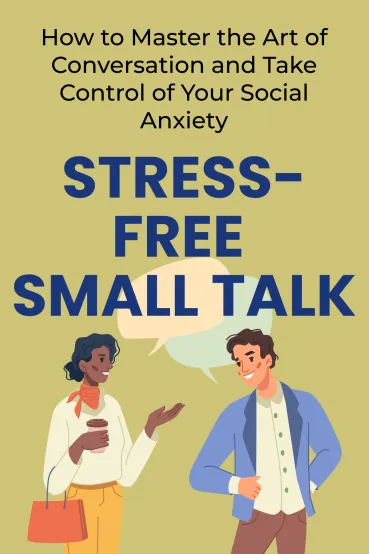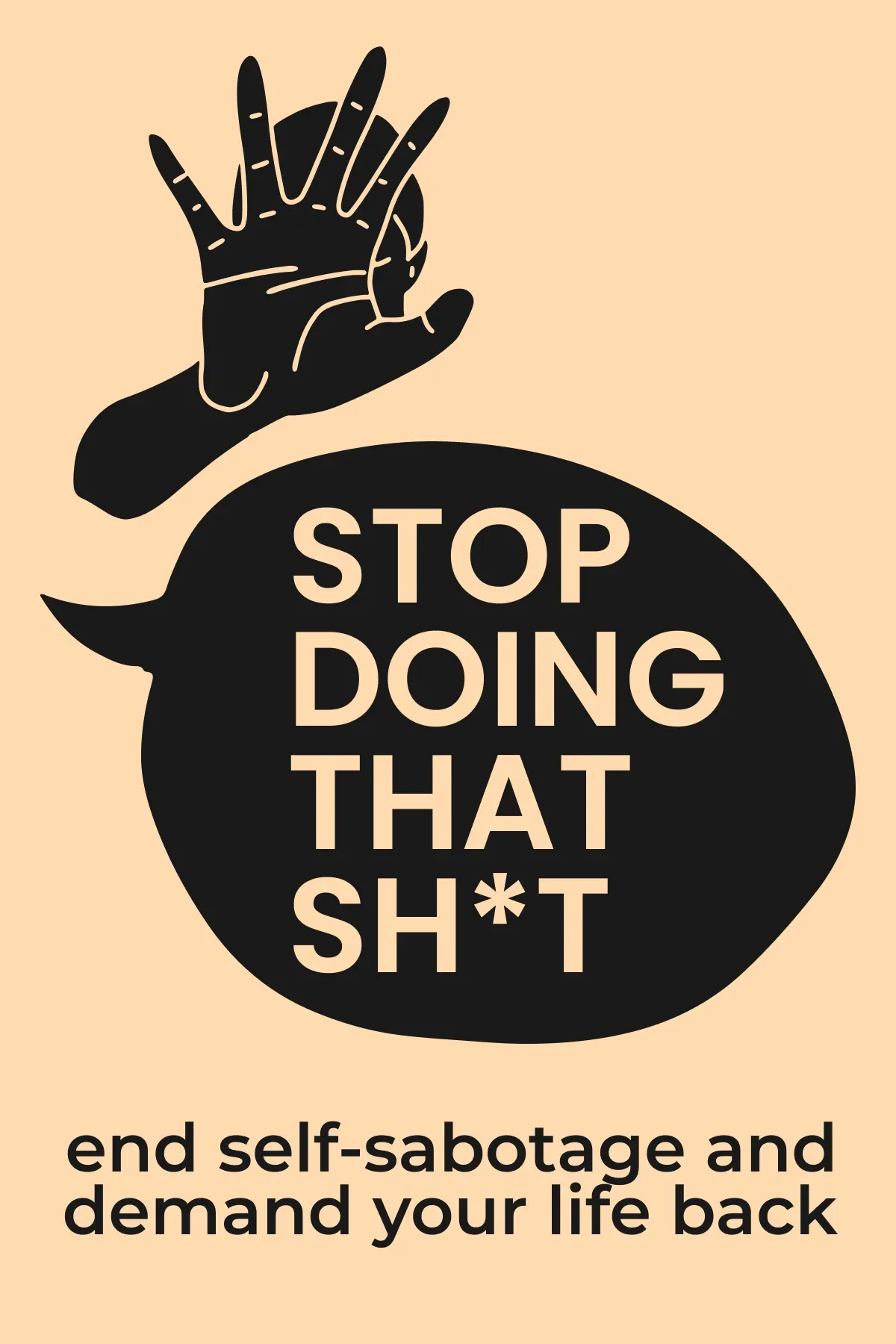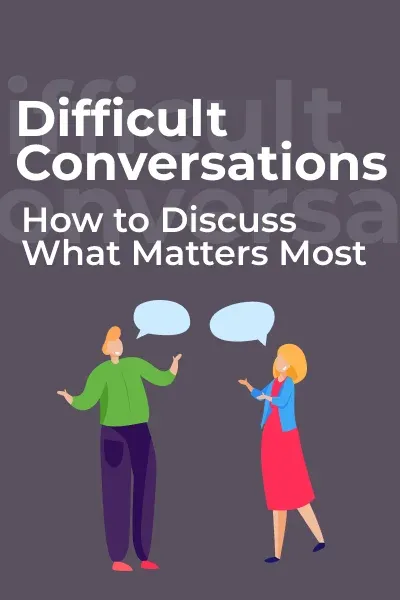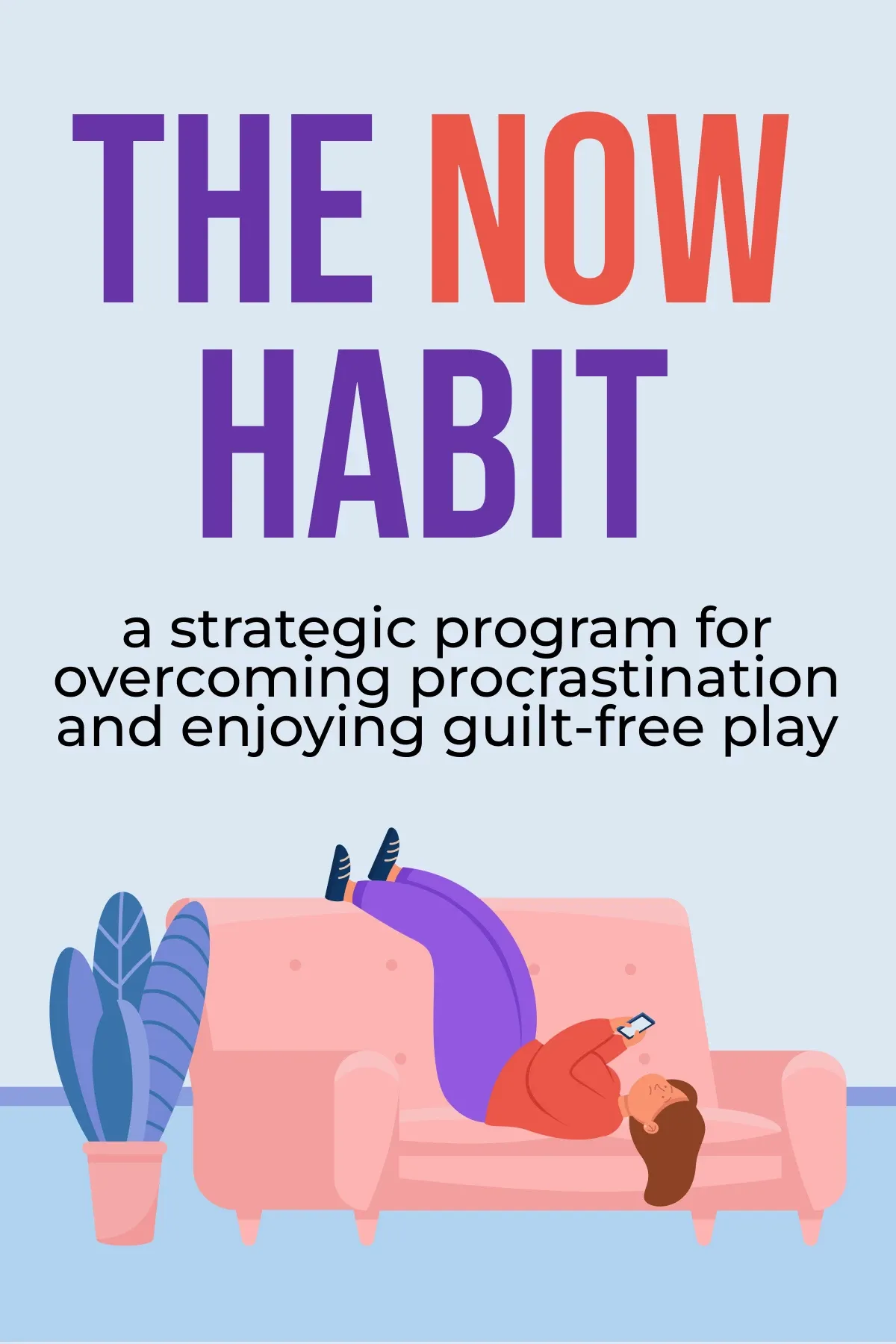
Stress-Free Small Talk
Brief Summary
“Stress-Free Small Talk” by Richard S. Gallagher is a practical guide for those who lack confidence at parties, meetings, and when talking to strangers. It is designed to help you navigate social interactions with confidence and ease. The book reveals unique strategies for mastering conversational skills, managing social anxiety, and building genuine connections.
Key points
Key idea 1 of 8
Whether at work or simply waiting for a bus, casual conversations are crucial to interacting with the world around us. Yet, despite its importance, many people find small talk stressful. They fear that they might say something wrong and be judged for it. Although this anxiety is common, it is something we can gradually minimize.
According to psychotherapist Richard S. Gallagher, many individuals struggle with Social Anxiety Disorder (SAD), which is a fear of social interactions. This condition affects over 12% of people at some point in their lives, based on research by Dr. Ronald Kessler of Harvard. The good news is that social fears are highly treatable conditions. Learning to make small talk is a vital part of overcoming these fears.
Although we usually do not consider small talk vital, it has many functions. Psychologists call it “social cognition,” which is how we perceive others. This process is crucial for first impressions. We make preliminary judgments about people within the first seven seconds of meeting them. Small talk helps us determine whether someone is a potential friend or not.
Primarily, small talk conveys our feelings toward others. When we engage in casual conversation, our words and body language can show whether we are genuinely interested in the other person or just going through the motions. This can greatly affect how we are perceived and how others respond to us. Another reasonable function of small talk is enabling others to feel safe with us. For example, how we start a conversation on a first date or with a stranger in a line in the supermarket can signal our intentions. Positive, appropriate comments can put others at ease, while inappropriate remarks can make them more cautious.
Additionally, small talk reveals whether we share similar personalities. The topics we choose and how we discuss them can indicate our interests and values, helping us find common ground with others. You may discuss shared interests, like sports or hobbies. This interaction can lay the foundation for deeper relationships.
And lastly, the most significant reason for small talk is that it transforms interactions into relationships. Engaging in these seemingly trivial exchanges builds human connections that extend beyond the initial conversation. These connections are the bedrock of social relationships.
FAQ
You may also like these summaries











